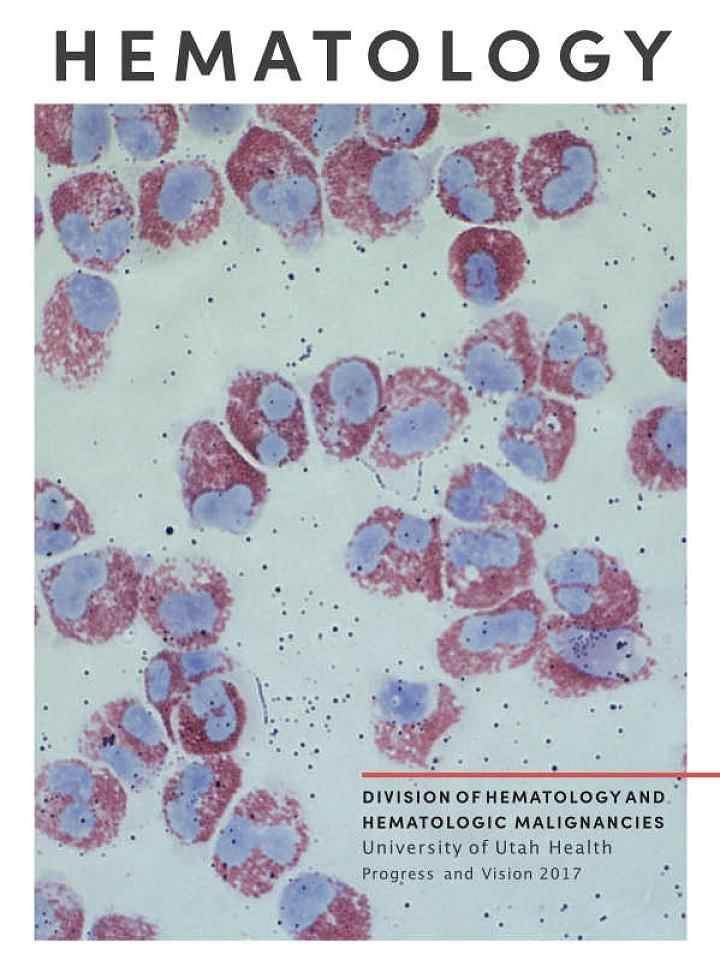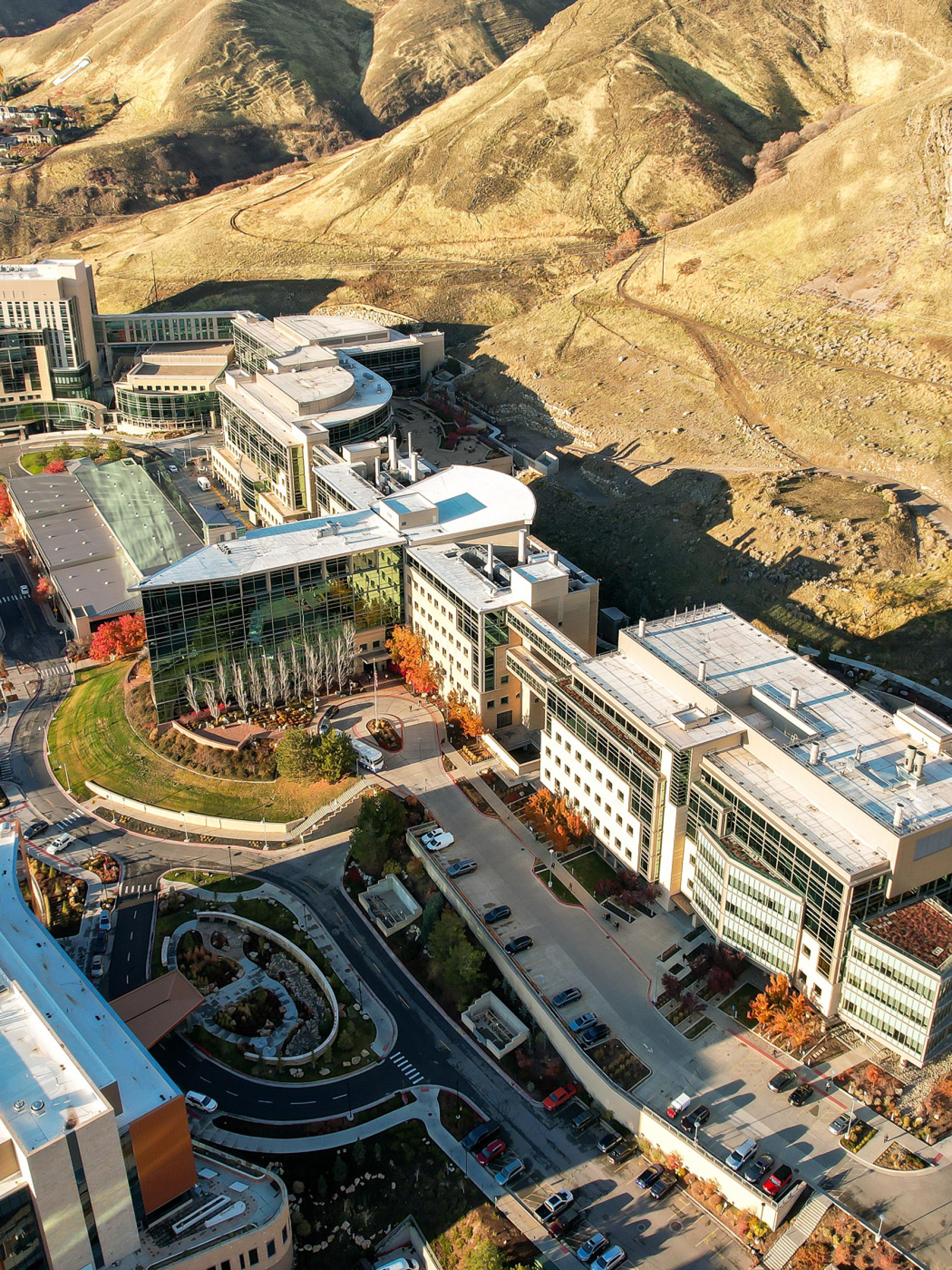
Training

Training
We provide intensive and comprehensive clinical training in the out-patient and in-patient settings, concentrated during the first year of fellowship, with six additional clinical months distributed through the second and third years on an individualized schedule. Monthly rotations include the following: Multi-disciplinary, disease-specific case conferences and research conferences are held routinely, and fellows are expected to participate fully in these discussions. All fellows have continuity clinics of 6–12 months either at the HCH or the VAMC throughout their training. Other clinics are included depending upon the individual goals of the fellow. The University of Utah and the Huntsman Cancer Institute have a long tradition of exceptional medical research. Fellows are expected to participate actively in these endeavors, demonstrating productivity. During the first year, all fellows are assigned a faculty mentor to guide them with choosing a research mentor and project, and with developing a career plan. Opportunities for clinical and laboratory research abound in the Divisions of Hematology/Hematologic Malignancies and Medical Oncology, as well as the affiliated Oncological Sciences Department, and the large, established research communities of the School of Medicine and the University of Utah. Clinical research is supported by our Clinical Trials Office, tumor specimen repository, and disease-specific clinical databases. The Utah Population Database affords unique opportunities for fellows interested in population-based genetic research, an area of great research strength at the University of Utah. We also offer an Advanced Scholars program, providing one additional year of fellowship research training to fellow showing exceptional promise in research and leadership. Clinical and research training is supplemented with our didactic program, consisting of the core curriculum, case conferences, journal club, clinical report, research in progress reports, communication skills, quality improvement concepts, and faculty research presentations. The School of Medicine and Department of Internal Medicine have developed several courses and curricula to enhance the career development of fellows and junior faculty, including Medical Educator Development, Leadership Development, Tools for Success, Quality Improvement, and the Mentored Career Development Scholar Program. The NIH-funded Center for Clinical and Translational Science provides education, training, and support for research projects at the School of Medicine. Fellows can also enroll to obtain a Master's of Science in Clinical Investigation, which provides classroom and mentored research experience in clinical research to prepare trainees for careers in clinical investigation.
Clinical Training
Research Training
Didactic Program
Career Development

